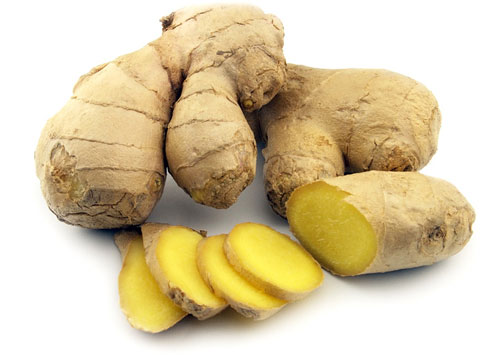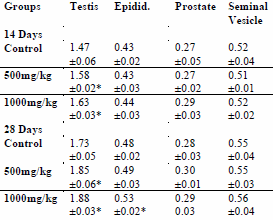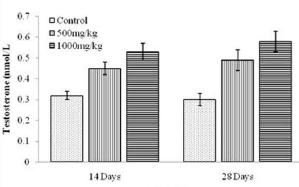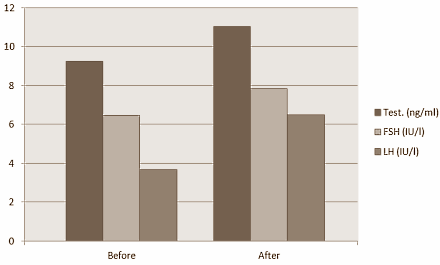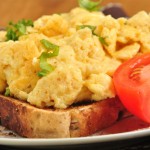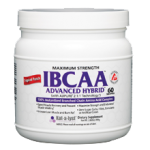Blog Entry #42
By Admin – Steroidal.com
In the last few years Ginger has been touted as a dietary supplement that may or may not increase testosterone. The market of testosterone boosting supplements is a saturated one, with herbal and amino acids, such as Tribulus, Longjack, Fenugreek, Fadogia Agrestis, Bulbine Natalensis and D-Aspartic Acid all being prominent now in various proprietary blends offering to boost total and/or free testosterone. Like almost all dietary supplements and drugs, animal and rodent studies will come to light showing some positive and some negative information in regards to their effects on hormones in this instance. All the testosterone boosting ingredients we have just stated originated from rat studies or are products that have been used for centuries as herbal remedies. Ginger has been known to be a potent anti-oxidant and anti-inflammatory, but not much has been done to scale its effects on raising testosterone levels.
The first piece of data we’re going to look at is a rodent study by Pharmacologists in Egypt and was published in July 2010[1]. The researchers wanted to find a compound that would limit the damage diabetes can do on the testes. What they found was interesting in terms of how much the ginger extract affected the testes and sperm production. Sperm production falls in those with diabetes because of insulin sensitivity also falling. Infertility is a common problem in those with type 1 diabetes, unfortunately, and spermatogenesis needs to be closely monitored.
Mice were artificially induced to have diabetes and then given ginger extract (Zingiber officinale roots) for 65 days. The methanol extracts in particular were effective in restoring the testosterone level and sperm production, as the table above shows. The weight of the testes also increased, often a clear sign of increase endogenous androgen production.
What also interesting is that the ginger extract did not seem to be toxic or yield side effects in the rats even at high dosages. They calculated the LD 50 for the mice. That’s the acute dose level at which half of the animals died which measures toxicity. For the water-based extracts the figure was 11.75g, which is compared to the methanol extracts of 10.25 g/kg bodyweight At a dose of 5 g/kg bodyweight no mice died and the researchers detected no toxic effects proving high levels did not pose much toxic activity. Toxicity levels for humans are around 170-250g in comparison.
Another animal study done in 2008 in Nigeria [2], which healthy male rats were given 0.5 or 1 g/kg bodyweight of ginger tea. The results, again, were interesting in which testosterone output also doubled, but on this occasion in 28 days. Testes volume also increased again.
You’re probably telling yourself this is all well and good, I can also double my testosterone level, but I am not a mouse. Which is true, so what about human studies on ginger?
Well, there is one, which was done in Tikrit in Iraq and published in the Tikrit Medical Journal in 2012 [3]. The study was comprised of 75 unfertile men that had been married but had no children. The control group was 25 healthy males also married. The men were aged between 19 and 40 years old and supplemented with ginger. Unfortunately, the data does not state what extract, nor dose the men were given, although it makes reference to the treatment lasting three months.
The researchers used a control group of 25 healthy married men, but they don’t report the data they collected from this group in the study. The figure below relates therefore to the 75 infertile men. There was not a group to whom a placebo was given.
The supplemented ginger group experienced a raise in testosterone of 17.7%. Luteinizing hormone (LH) levels rose dramatically 43.2%, which would explain the elevation in testosterone.
What was also interesting is how the researchers conclude the ginger extract could of raised endogenous testosterone levels. They speculate it does this by activating endogenous antioxidants, by destroying harmful molecules in the testes. Other herbal testosterone boosting products act in similar ways, much like Fenugreek.
As with all these above studies there are limitations. Although we can’t state animal studies are not applicable to humans, they do hold some water. The human study here is done on infertile men, not eugondal subjects that poses the question; how good is ginger extract at raising testosterone in healthy men? Like many over the counter testosterone boosting products, many don’t do much, but claim to. Some work, but only when you’re endogenous testosterone production is already inhibited and not normal to start with. In any sense, you’re probably not going to see a dramatic enough increase in testosterone to translate into added strength, lean muscle mass or enhanced fat loss anyhow.
[1]. Food Chem Toxicol. 2010 Oct;48(10):2920-4. doi: 10.1016/j.fct.2010.07.028.
[2]. [African Journal of Biomedical Research, Vol. 11 (2008); 329 – 334.




